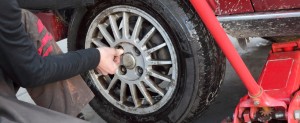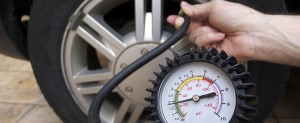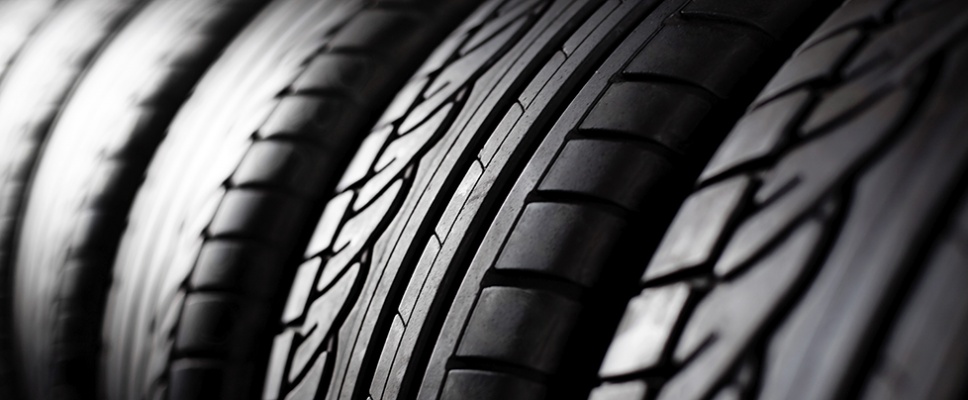Tire Weight Reduction
A vehicle’s total weight affects its ability to corner, brake, and accelerate. Losing some weight in your vehicle can drastically improve your car’s performance. One of the ways to accomplish this is in your wheels. Lightweight wheels have been used to enhance vehicle performance in all types of racing, and are also popular among non-racers who still wish to improve their car’s performance and also save some money.
Brands
There are no real “brands” for weight reduction, but choosing the right tire  can help reduce the total weight in your car. If you are interested in purchasing new tires with the intention of reducing your overall weight, it is a good idea to shop around. Find a retailer who understands what you are trying to accomplish and will assist you with that goal. It will also allow you to compare prices at different retailers to try and find the best deal.
can help reduce the total weight in your car. If you are interested in purchasing new tires with the intention of reducing your overall weight, it is a good idea to shop around. Find a retailer who understands what you are trying to accomplish and will assist you with that goal. It will also allow you to compare prices at different retailers to try and find the best deal.
Safety
Reducing the weight in your car helps improve overall performance, and thus helps improve your vehicle’s safety. Since less weight needs to be controlled, less energy is used, making it easier to increase, and perhaps more importantly, decrease your speed. This is especially beneficial when driving in poor road conditions or weather. It also reduces the weight on the shock absorbers and springs, allowing them to be more effective in controlling the suspension’s movement, further enhancing the safety of your vehicle.
Benefits
Every additional 100 pounds of a weight a vehicle carries equates to approximately a 1-2% increase in fuel consumption. This is especially true for smaller vehicles. Replacing rims with lightweight alternatives or using smaller tires, along with a few other approaches, can help significantly lower the weight of your car, and save you a lot of money on fuel. Alloy wheels generally help reduce weight, and also provide you with much sharper handling. Downsizing your tires can also be a cheap alternative, especially for snow tires, which tend to become much more expensive at larger sizes.
a 1-2% increase in fuel consumption. This is especially true for smaller vehicles. Replacing rims with lightweight alternatives or using smaller tires, along with a few other approaches, can help significantly lower the weight of your car, and save you a lot of money on fuel. Alloy wheels generally help reduce weight, and also provide you with much sharper handling. Downsizing your tires can also be a cheap alternative, especially for snow tires, which tend to become much more expensive at larger sizes.
Drawbacks
For the most part, the benefits outweigh the drawbacks of purchasing smaller tires for your vehicle. The biggest drawback would be the cost. Essentially, you are replacing perfectly working tires for smaller ones, which some may see as an extra cost for no logical reason. For certain vehicle types and models, smaller tires may look aesthetically unpleasant, particularly on SUVs or pick-up trucks. It can also make it difficult to drive in poor road conditions, and is not advisable for people who may be driving off-road or on construction sites.
Cost
The cost of reducing the weight of your tires by installing new ones is similar  to the cost of your original tires. That is, the cost of tires varies depending on the brand of tire. For a set of Bridgestone tires, you can be expected to pay around $400 for the tires, and then another $300 for other maintenance. Some people may wish to make the change when it is time to replace their original tires to help save on cost. It may be advisable to make this change at the dealership when you purchase your car to also help save on the cost.
to the cost of your original tires. That is, the cost of tires varies depending on the brand of tire. For a set of Bridgestone tires, you can be expected to pay around $400 for the tires, and then another $300 for other maintenance. Some people may wish to make the change when it is time to replace their original tires to help save on cost. It may be advisable to make this change at the dealership when you purchase your car to also help save on the cost.
